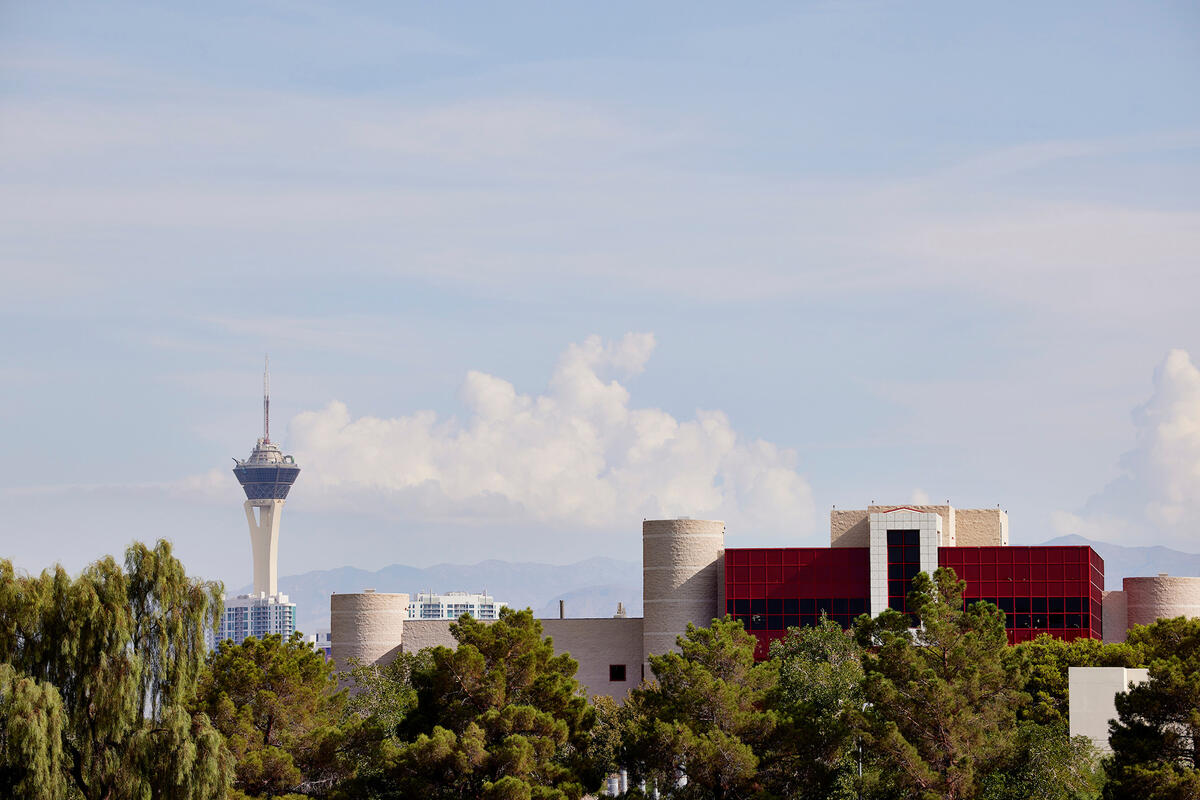
Post-Event Logistics
While much of event planning focus is on the event itself, you should not neglect the importance of completing post-event duties and collecting feedback. Use this time to analyze audience and volunteer feedback for successes and areas of improvement, and also create documentation of event details so that you or others can recreate it in the future.
Pay for the Event
With a clear approach to paying for the event, you can ensure that every financial aspect is transparent and traceable. Periodically revisit and update your payment methods based on feedback and evolving event needs. Proper financial management is key to a successful event, and timely payments are a big part of it.
Given the varied nature of payment methods and the time they might take, it is crucial to plan your payments in advance. This ensures that vendors and service providers are paid on time, fostering good relations and trust.
Be aware of the various payment methods available to you. Know the specifics of each method to determine which is best suited for different types of expenses.
PCard
PCards are excellent for covering the purchase of small-dollar goods. However, be mindful of their limitations and restrictions (e.g., PCards cannot be utilized for any purchase with a contract including terms and conditions).
For a comprehensive list of what can or cannot be purchased with a PCard, refer to the PCard Manual. If you are unsure if a purchase is allowable, contact the PCard Office at pcardunlv@unlv.edu.
Supplier Invoice Request
This method is ideal for paying specific supplier invoices that do not require a purchase order (e.g., such as those from Aramark). The supplier must be registered with UNLV/Workday.
Create a supplier invoice request in Workday
Independent Contractor Services Agreement
Use an Independent Contractor Services Agreement to pay for guest speakers who are paid less than $10,000 including travel expenses.
Always ensure that you are adhering to university regulations and guidelines when making payments. The Accounts Payable Department of the Controller’s Office provides guidance on making various types of payments.
Regularly cross-check your payments against the budget to ensure there are no discrepancies. If there are any issues or discrepancies, address them promptly to avoid confusion or potential financial pitfalls later.
Conduct Post-Event Analysis
Post-event analysis provides an invaluable roadmap for evaluating the success of your event and for strategic planning of future initiatives. By diving deep into key performance indicators and gathering feedback, you can gain a clear understanding of areas of achievement and where there's room for improvement. Conducting a comprehensive analysis ensures that lessons learned from one event can be applied to the next, consistently elevating the attendee experience and maximizing your return on investment.

Start by revisiting the goals you set for the event and assessing if they were achieved. This could range from the number of attendees and feedback scores to specific financial or branding outcomes.
Use tools and methods, like surveys, feedback forms, and digital analytics platforms, to gather qualitative and quantitative data about attendee experience, financial outcomes, and any other relevant metrics. Common tools for surveys and feedback forms at UNLV include Qualtrics and Google Forms.
Compare the actual costs and revenues to your budget. Did you stay within budget? Were there unforeseen costs? Did ticket sales or sponsorships meet expectations?
Look at feedback forms, survey results, and any informal comments received during or after the event. Were attendees satisfied with the content, venue, logistics, and overall experience?
Ask yourself if your vendors, speakers, sponsors, and other partners met, exceeded, or fell short of expectations. This can help you make decisions for future collaborations.
Analyze the performance of your marketing campaigns and communications. Which channels or messages had the most impact? Were there any gaps in communication?
Based on the collected data and feedback, pinpoint what could be done differently or better in future events. This might involve logistics, content, or even the choice of venue.
Create a comprehensive report that outlines the findings from the analysis and provides actionable recommendations for future events.
A gesture of gratitude goes a long way. After the event, send thank you notes to attendees, sponsors, speakers, and any other stakeholders. Personalizing these messages can leave a lasting impression.